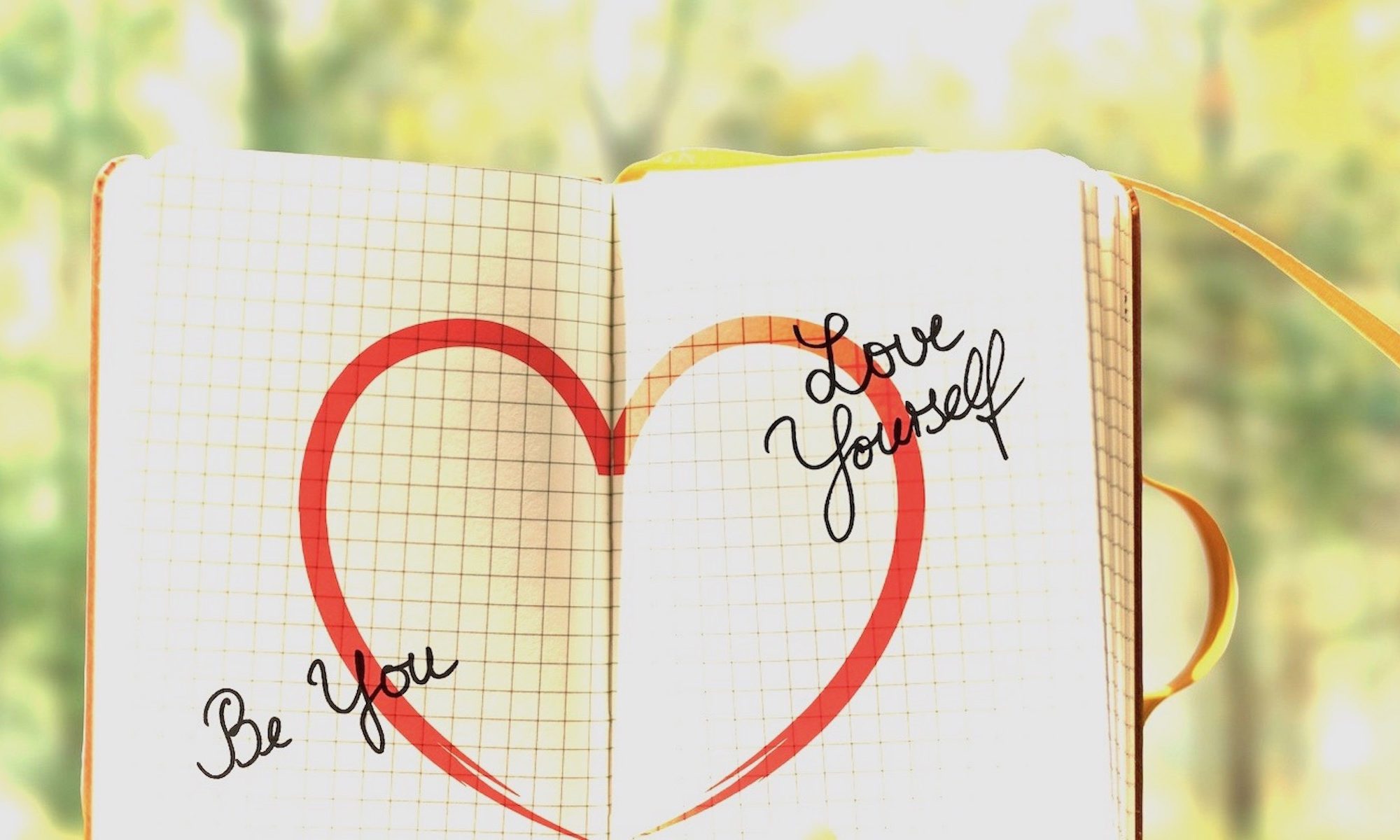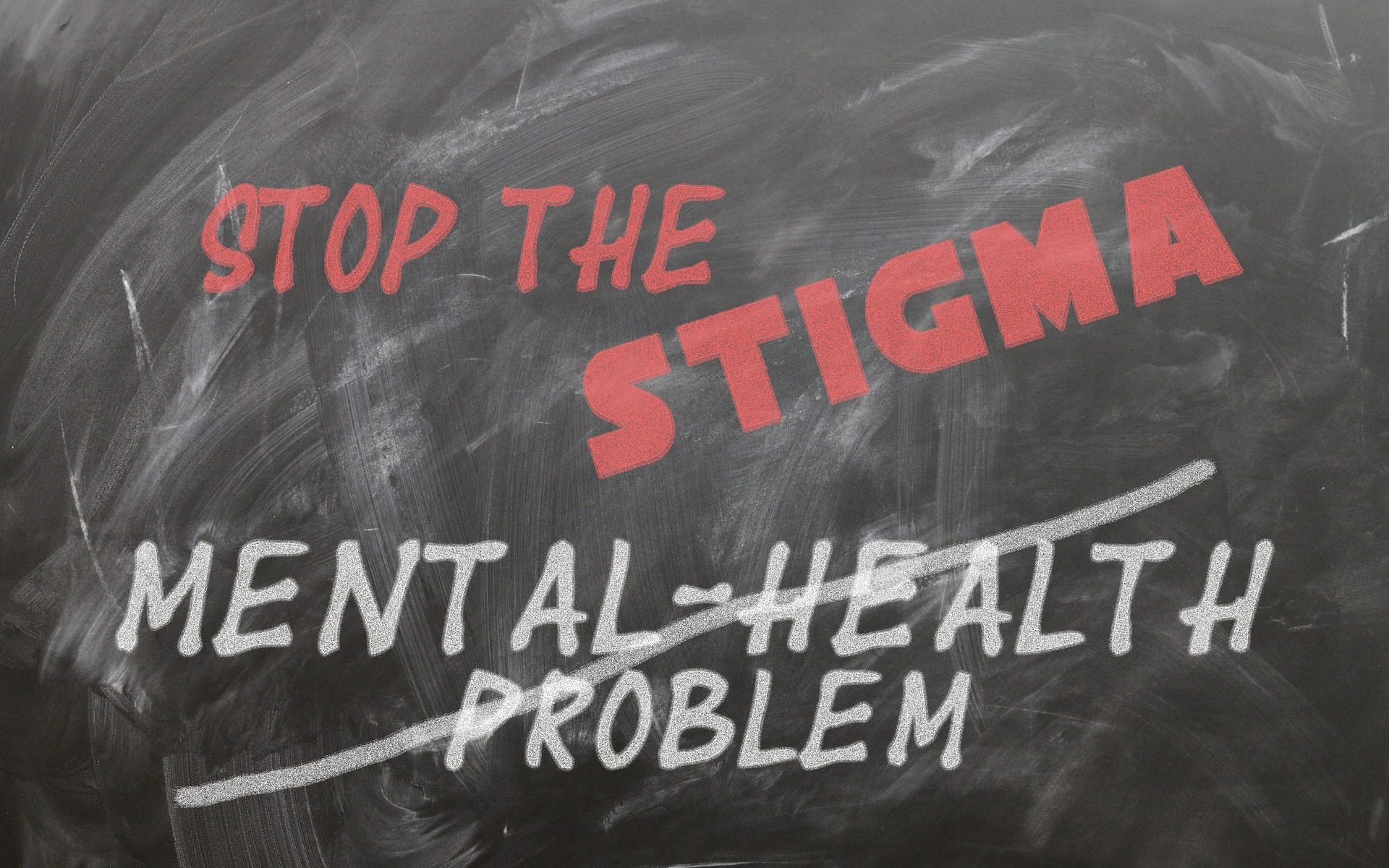After loss, life changes dramatically for everyone grieving the death. Whether it’s a parent or spouse, sibling or child you have lost, you will be feeling the impact of your loved one’s death in some way, as will every one of your family members. The more complicated or unexpected the death, the greater this impact will be. And it’s tough to support each other in grief, because everybody is going through something different at every stage. It can be a confusing time with everyone’s needs rapidly changing.
For some, grief will last a long time. For others, they will seemingly return to normal a lot sooner, which represents a struggle for anyone trying to understand a griever’s unique experience. It stands to reason that many relationships and sometimes even entire family units break down, especially after certain types of loss.
Continue reading “Assessing Your Personal Needs in Grief”









